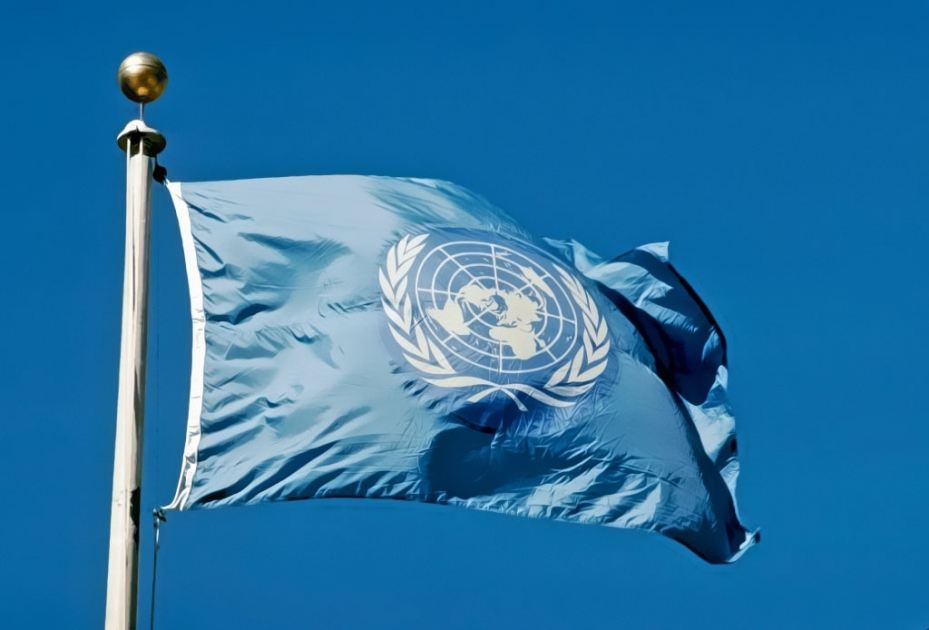Remarks by Deputy Permanent Representative Dmitry Chumakov at the 2nd virtual meeting of the “Group of Friends” on Sustainable Transport
Dear Colleagues,
We would like to express our gratitude to Turkmenistan for convening the
2nd meeting of the “group of friends” on sustainable transport and this country’s longstanding leadership in promoting the transport issues at the United Nations.
We are glad to have this opportunity to review the process that started in 2016 in Ashgabat with the first UN Global Sustainable Transport Conference, followed by its second 2021 iteration in Beijing and the related ministerial event for LLDCs this August in Turkmenbashi. This priority area is fully shared by Russia, where the transport sector employs around 4.5 million people.
The global transport system has been severely affected by the COVID-19 pandemic and its consequences, which gave a major impulse for improving international corridors and logistics. The recent geopolitical developments only accentuate the critical role of transportation and pragmatic depoliticized cooperation in this field in meeting the global demand for goods and services as well as adjusting to new environmental requirements.
Our point of view is that the “group of friends” could focus on the key transport issues of mutual interest. Such as the development of international multi-modal transport corridors, building efficient and stable supply chains, accelerated digitalization, including electronic document management and intelligent transport systems (ITS), the promotion of unmanned road vehicles, improving road safety, striving for a lower-emission transport through increased use of natural gas as motor fuel and urban transport electrification, among others.
On our part, we attach great importance to the modernization of the Eastern Corridor and seaports of the Russian Far East, increasing the capacities of the Northern Sea Route which is 10.5 thousand kilometer long. Our priorities include infrastructure development of the Euro-Asian transport links, such as the Trans-Siberian and Baikal-Amur Mainlines, the Europe-Western China transport corridor and the 7.2 thousand kilometer long North-South transport corridor. The latter route saw a 60% increase in traffic during the first 10 months of 2022.
Regional and interregional cooperation is an important avenue to achieve those goals. One example is the Eurasian Economic Union which approved a list of Eurasian transport corridors in 2021 to further improve tariff conditions, boost ITS, foster multi-modal transport and technological compatibility, simplify customs and other types of control, develop roadside services and a digital ecosystem.
A key and indispensable component of all this is road safety. The first-ever UNGA high-level meeting on this issue in 2022, which Russia had the privilege to initiate, adopted a milestone political declaration. It tackles many of the same problems as were outlined in the Awaza Summary Statement of the Ministerial Transport Conference of LLDCs and can provide an important separate workstream for our “group of friends”.
In conclusion, we reiterate our readiness and willingness for constructive, mutually beneficial and reliable cooperation in the field of transport and logistics, including in this good flexible format.
Thank you.
